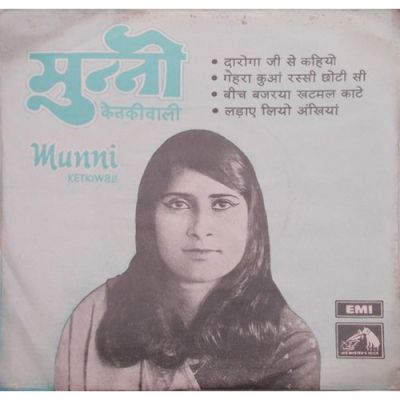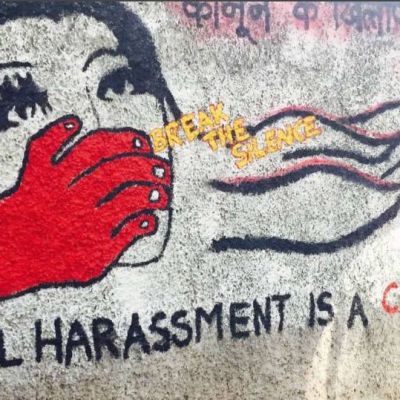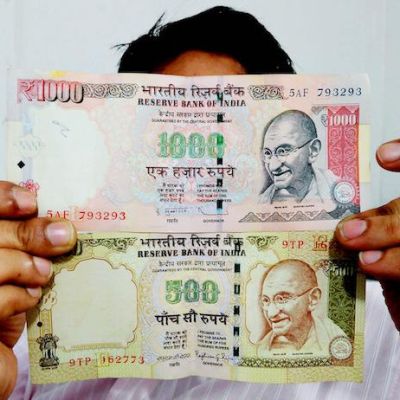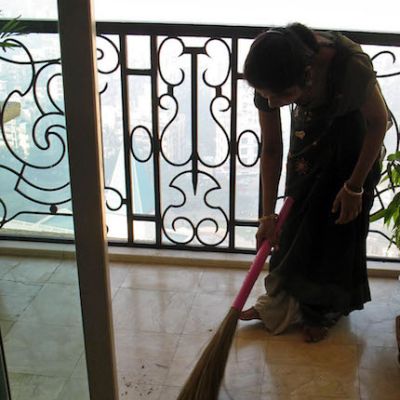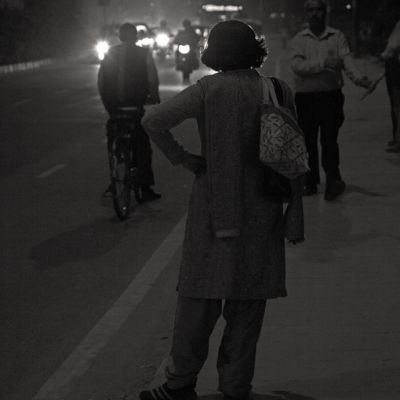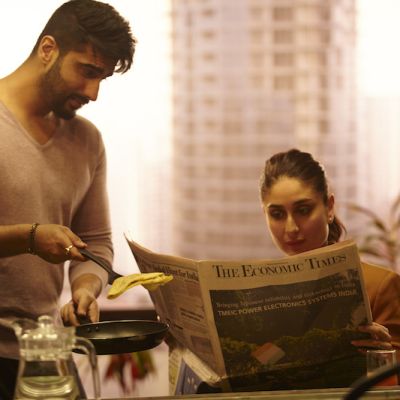Voices
My entire life has been a struggle of confused identities. I stood at the intersection of gay, Muslim and economic privilege.
Let me begin with a confession. I have always loved the idea of marriage. What is one to do when…
In fact, the Internet actually allows adolescents access to a wide range of information including on sexual health. A 2015 study by Marie Stopes International[2] (an organisation that provides contraception and safe abortion services) found that the main source of information on sexual health among adolescents is the Internet.
Sexual violence is a global pandemic affecting one in three women at least once in their lifetime. The statistics in India are equally shocking. National Crime Records Bureau statistics of 2014 indicate that a rape occurs every 20 minutes in India.
The disruptions in sex work due to demonetisation were not merely about the cash crunch though. Probing deeper, the real problems were to do with a breakdown in the rituals of soliciting, and what it meant behaviourally for the women.
A few days ago, my cousin saw Anita masturbating while going to sleep. And while having a discussion around this, I realised how, even after its being noticed, nobody wanted to talk about finding ways to discuss it with her in a pleasure-affirming manner.
As soon as you add sexuality to a piece about money, the first instinct generally is to reduce it all to sex, leaving the “-uality” like a little invisible tail feather that flutters away into the unknown.
A year ago, just ten minutes after I had landed in the Punjab and Haryana High Court. I was introduced to this young lawyer – not the least bit enthusiastic, a big critic of the law, of lawyers, of the High Court, and most importantly, of women. “Let me tell you a secret: law is not a profession for girls,” said he.
The concept of boundaries has become mixed up with the concept of being bound in a this-far-and-no-further way. They have become enclosures, aquariums, cages built for those who inhabit them, but not necessarily built by them.
Invitation cards had been printed. Her parents wanted to get the best of everything for her. She knew that all this generosity came more out of them trying to put up appearances than out of their love for her. Instead of trying to make sense of it all, or to reason with them, she was told to just enjoy this special life event. Once the whole family had arrived, all of her father’s financial worries and her mother’s emotional ones got drowned in the festivities that took place each night. The bright strings of lights flickered all around the house, announcing the upcoming marriage to the world.
Tolerance and space for another who is not like oneself is important. Without such tolerance and space we risk becoming perpetrators of injustice, forcing everybody into a mold that is not their shape.
I began to see Marriage / in Appa’s weathered hands, / smell Marriage / in the tea he brewed…
Can I choose to stop caring about the big bad world, and stay at home? I’ll raise the kids and cook the meals while my wife goes out to work instead?
And that is sadly the case with so many women. Speak of exercise and nutrition as a path to wellbeing and self-care, sure. They will read Prevention and Health type of magazines, employ a personal trainer, go to a yoga class, or follow a dietician’s advice. But speak to them of yoni eggs, masturbation and self-pleasure, and you are suddenly not speaking a language they understand!
Not everybody, everywhere, learns self-care, though most people learn how to wash their faces, brush their teeth, wear clean underwear, and lock the door to keep themselves safe.


